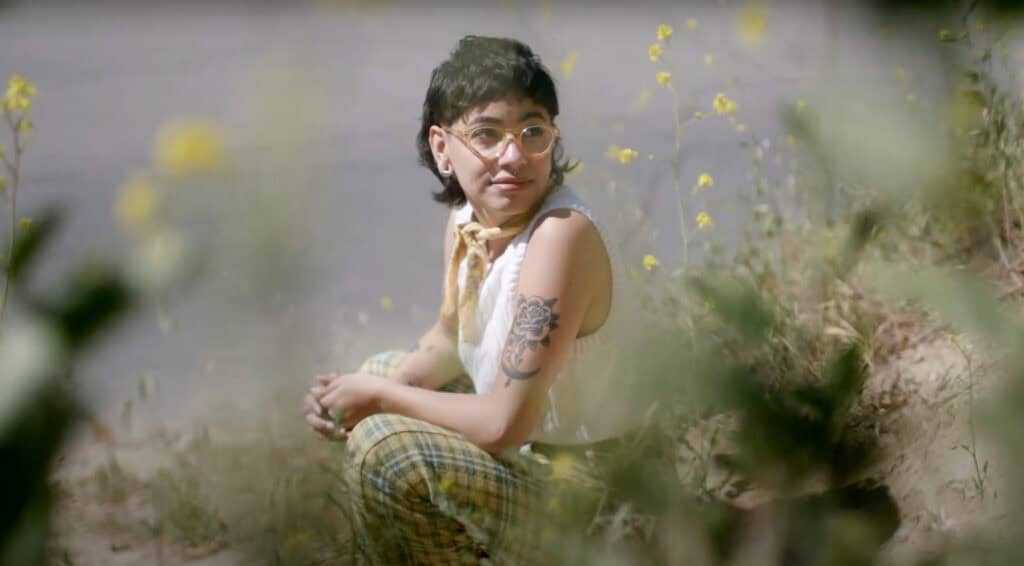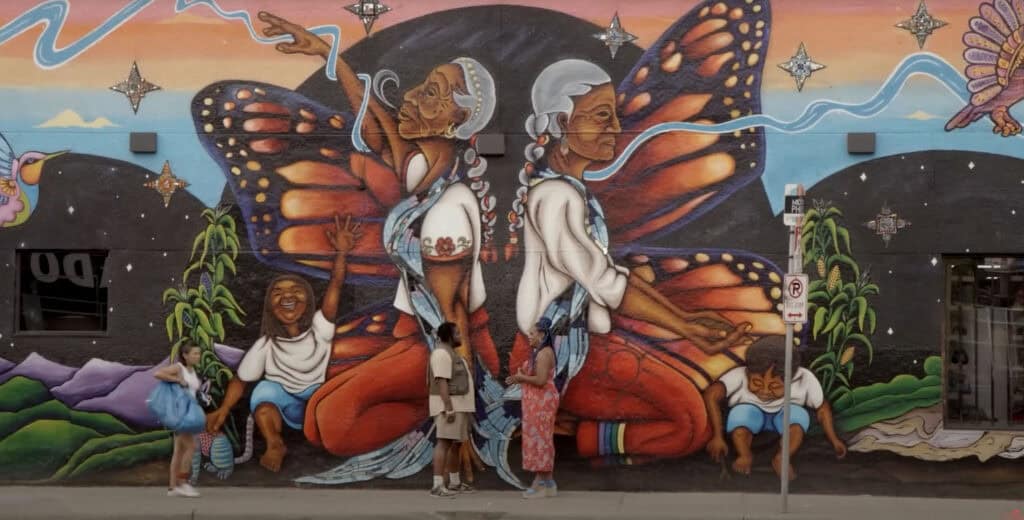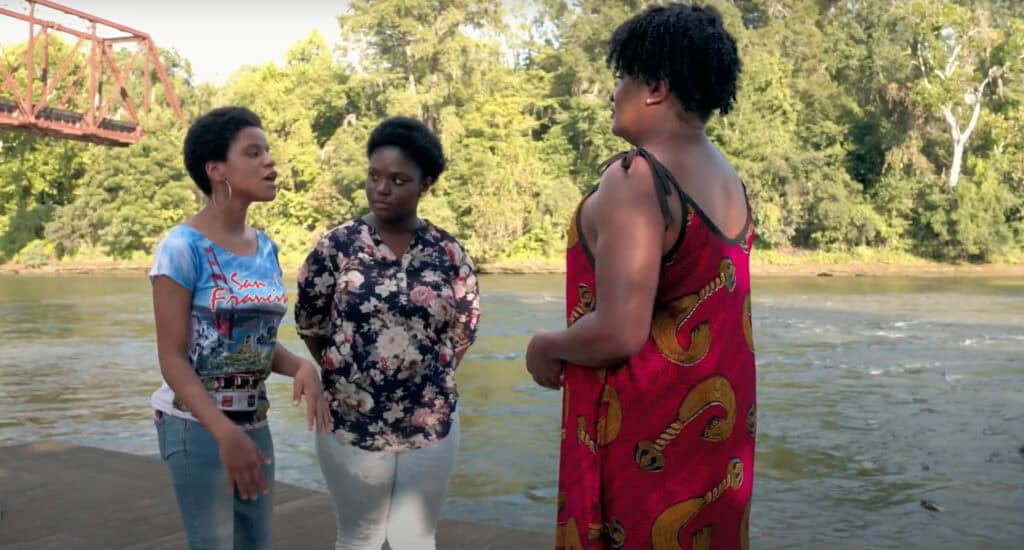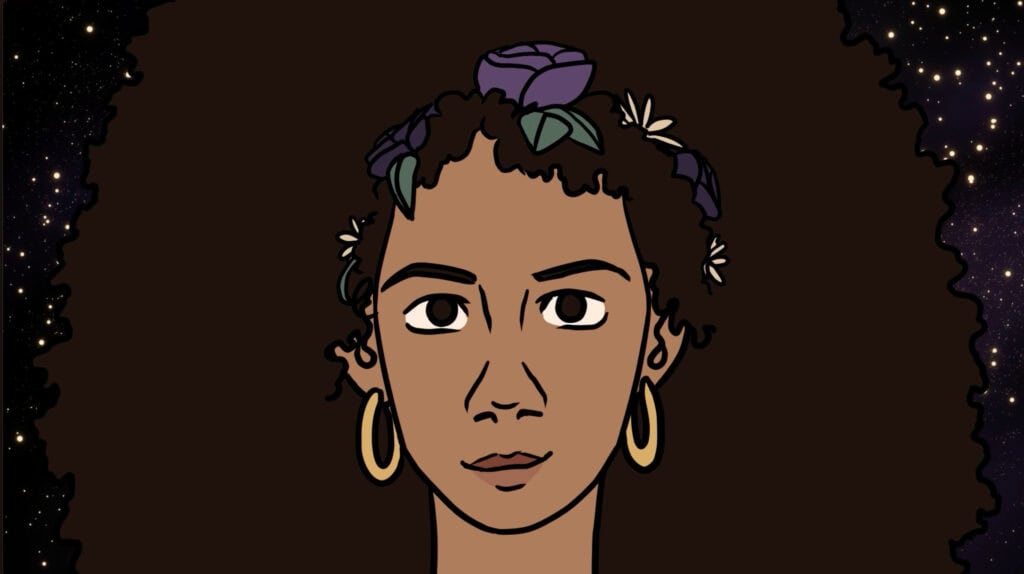Films
Award-winning films, animated shorts, documentaries, and video archives
Artistic Legacies: Black Trans Femmes in the Arts
Project
Artistic Legacies explores the power of the Black Trans Femmes in the Arts (BTFA) collective. This three-part docuseries shows how these members use artistic expression to change themselves and the world around them.
The Anti-Trans Hate Machine
Project
Videos how anti-trans pseudoscience and disinformation has become widely accepted as fact.
Trans Bodies, Trans Choices
Project
As abortion rights hang in the balance, TransLash will spotlight the reproductive justice needs of transgender, non-binary and gender non-conforming people through a video series which gives voice to those often left out and left behind in the current conversation. Reproductive justice has been critical, even life saving for our community.
More Films
YouTube
Explore our YouTube video library!
TikTok
Keep up with the latest at TransLash.
SUPPORT OUR WORK
Your contribution supports bold journalism and storytelling that honors the dignity of trans people. Our community makes our work possible—thank you for joining us!



